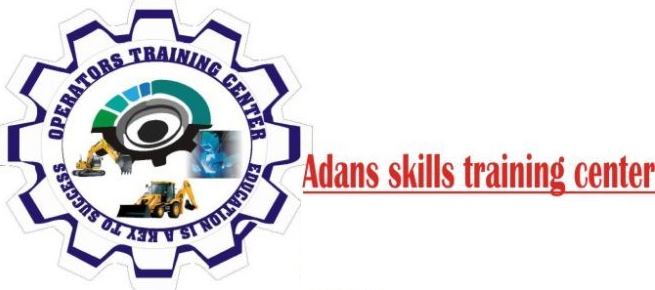To put it simply, a coded welder is someone who has completed a Welder Approval Test in a specific welding configuration. Each method is specific to a certain job in hand, some codes are more general and some are very specific.

To put it simply, a coded welder is someone who has completed a Welder Approval Test in a specific welding configuration. Each method is specific to a certain job in hand, some codes are more general and some are very specific.
Usually, a welding specification is provided for the job which you then need to qualify to that specification. This means the welder will provide a welding sample that mirrors the job as closely as possible.
This is then examined by an approved test examiner to see if the welder is capable of doing the job. If the welder passes, he/she is then considered to be Coded to that specification.
Being Coded in a certain specification does not mean you are qualified in another, even though you are Coded. Each specification requires testing and examining, becoming a multi-coded welder.
Adans skills Training center is an institute that specialises in the training and continued development of operators who are looking to learn how to operate various types of machinery for use in the earthmoving and Lifting industry. The industry includes machinery that is used in mining and construction – two industries that are crucial to the South African economy.
© 2025 coursetakers.com All Rights Reserved. Terms and Conditions of use | Privacy Policy